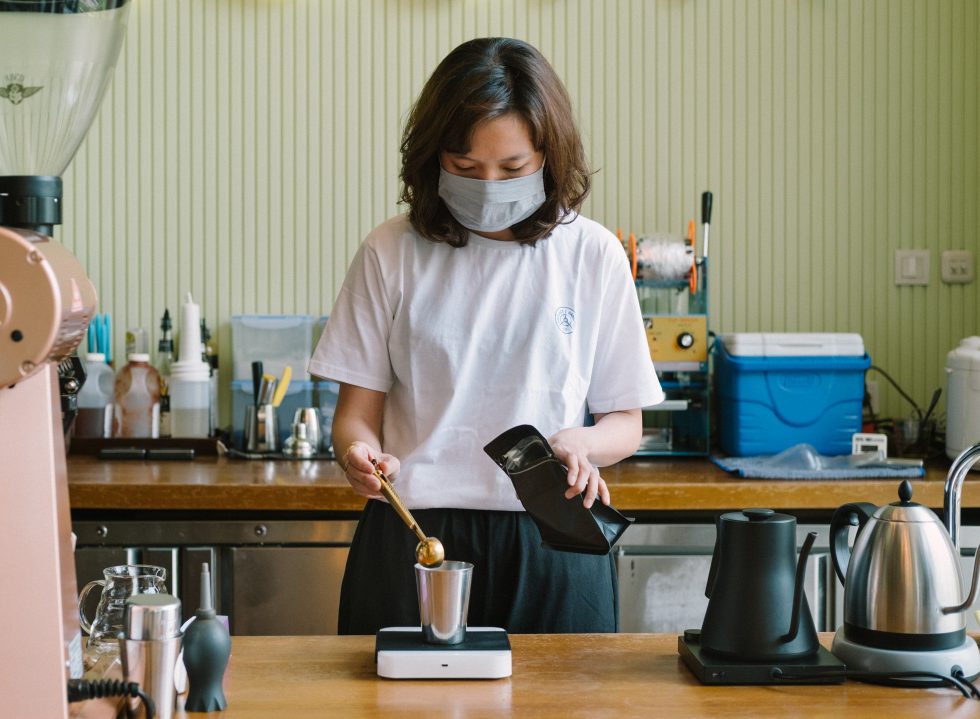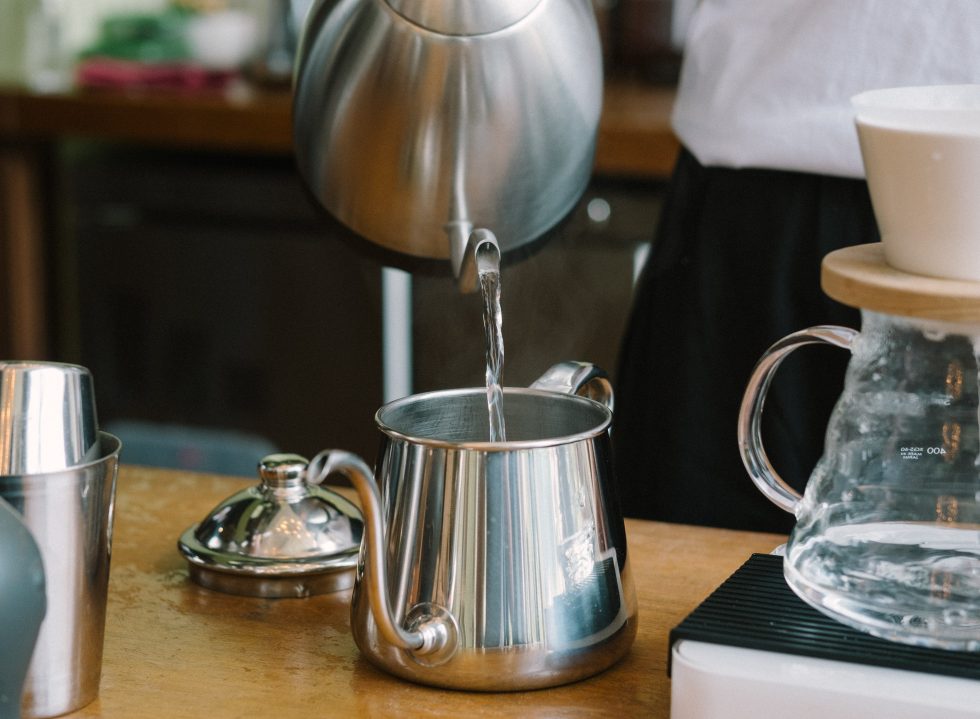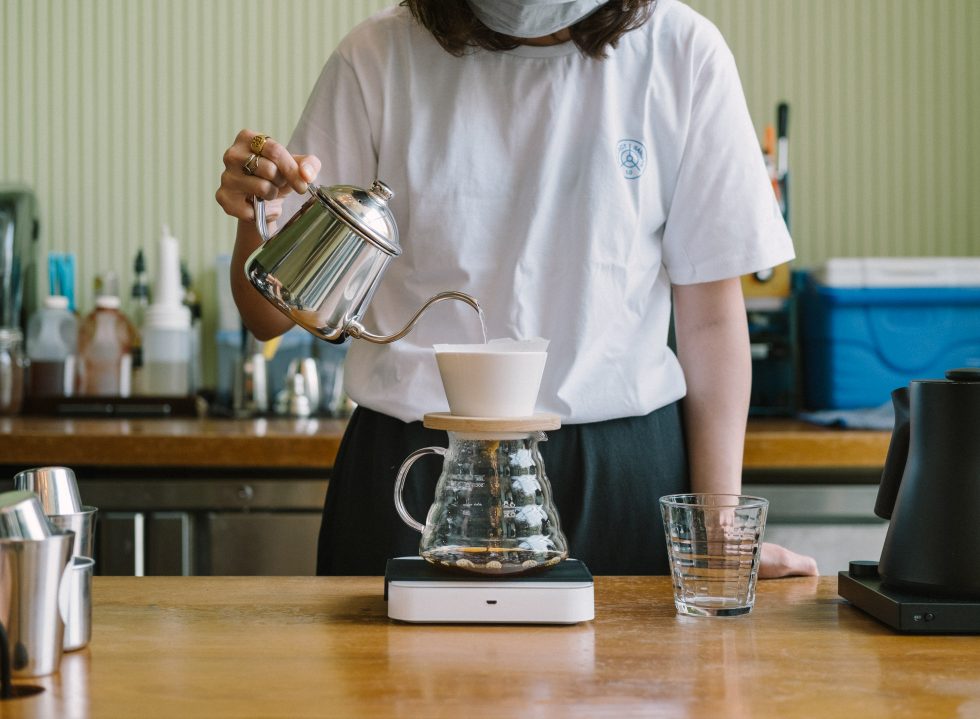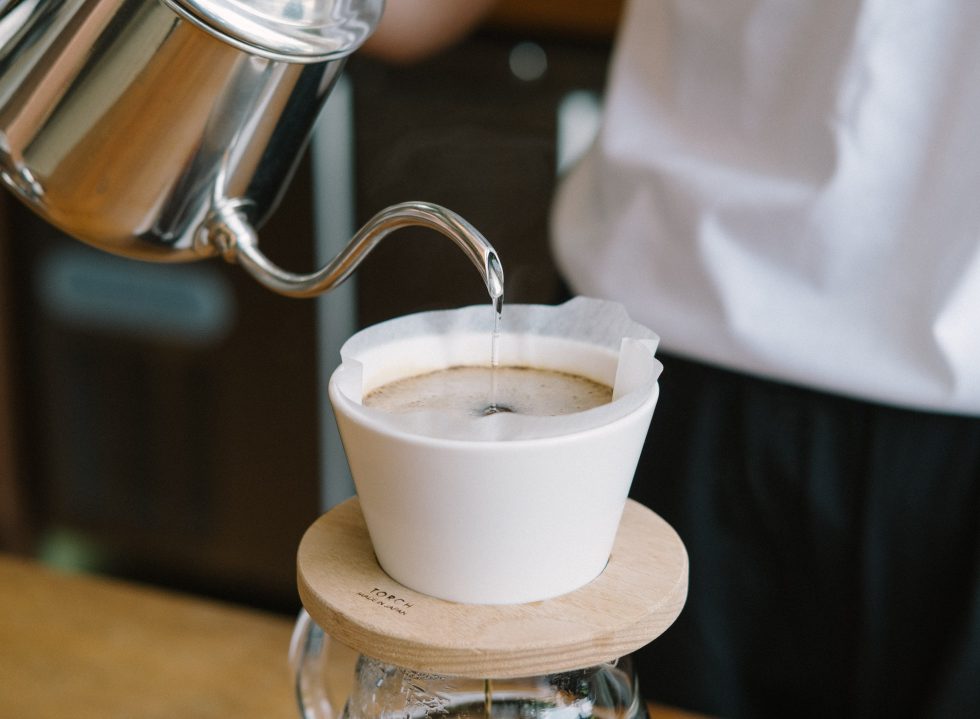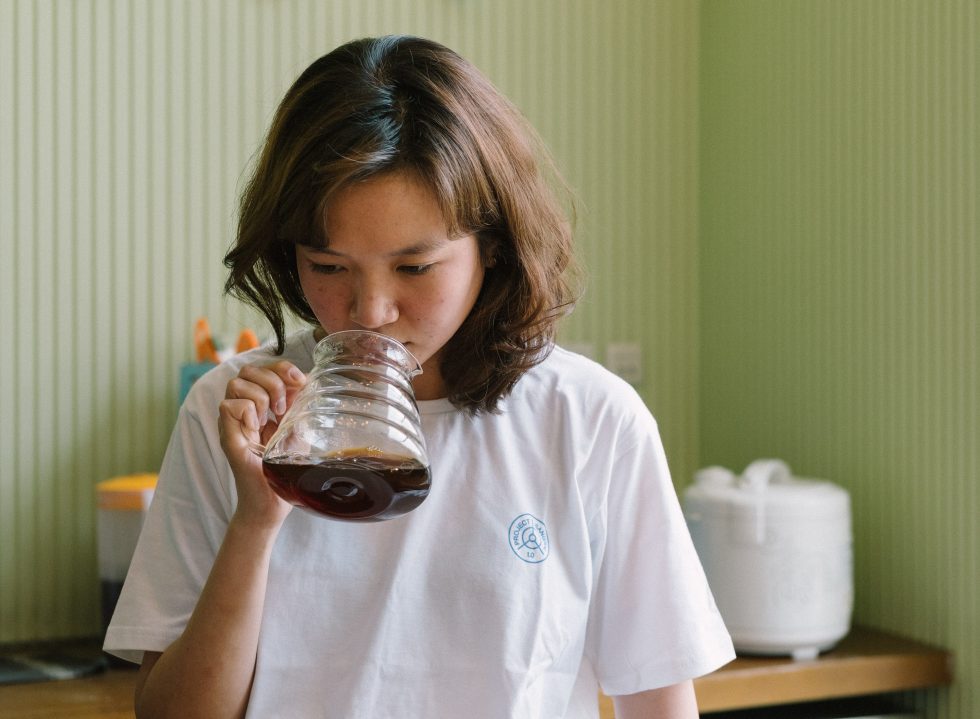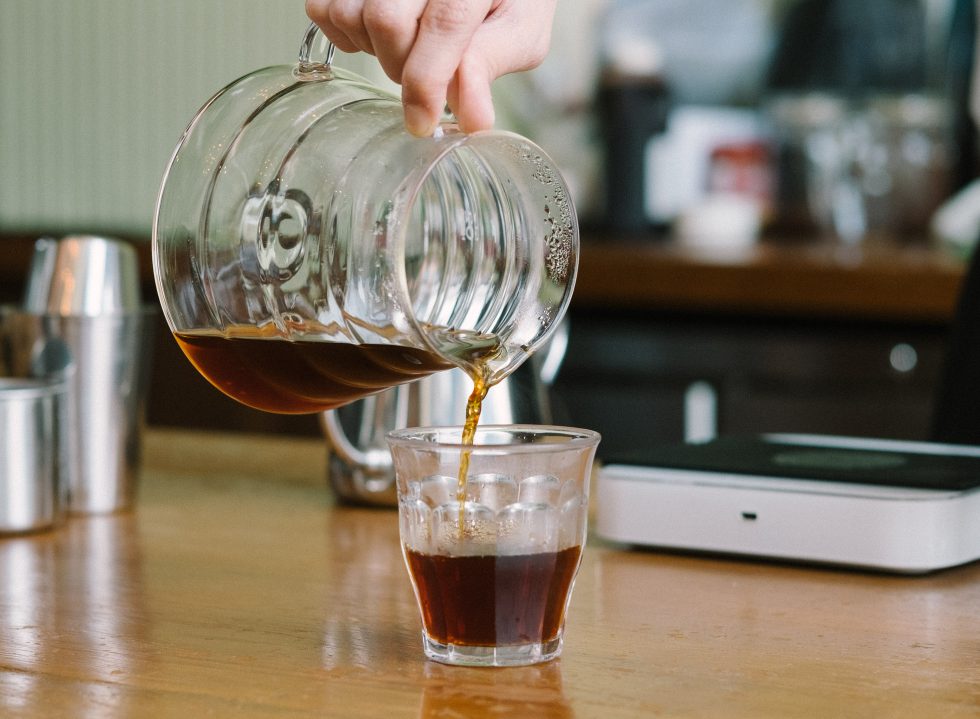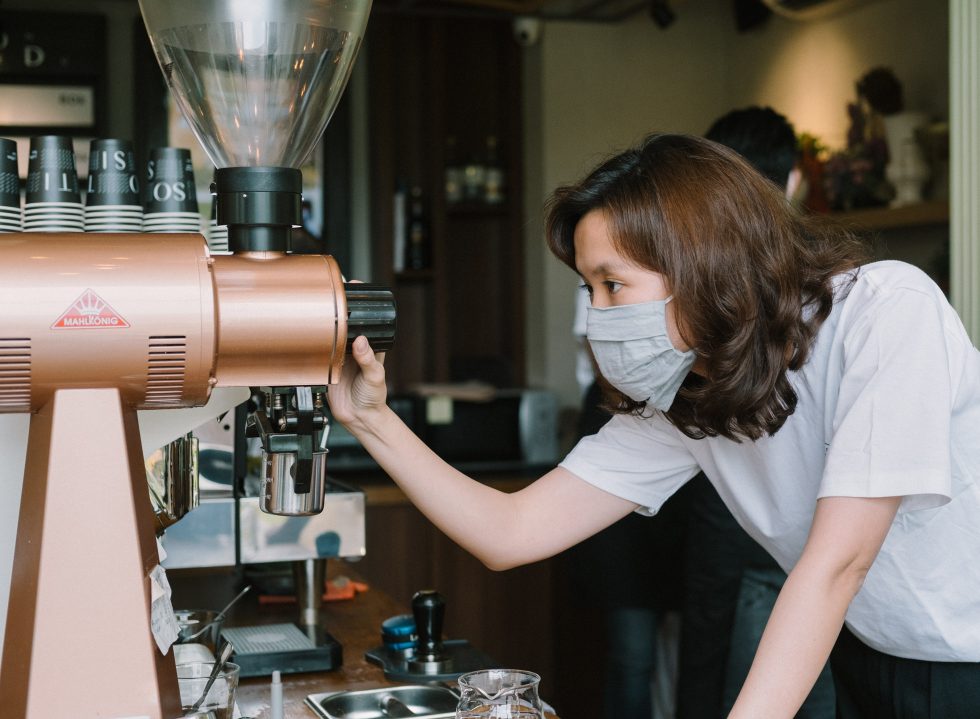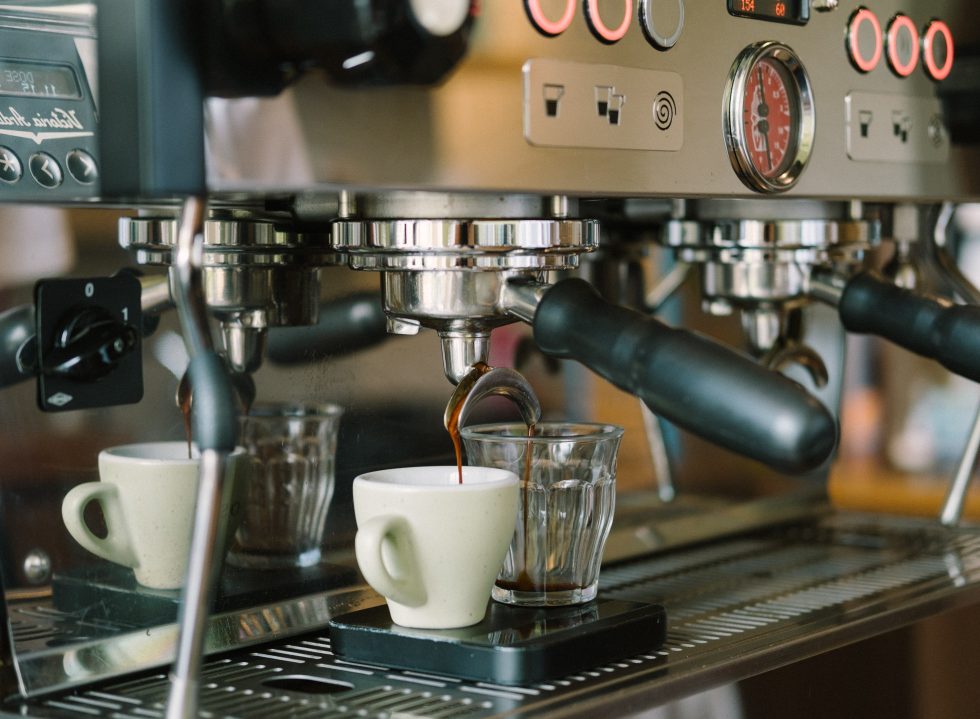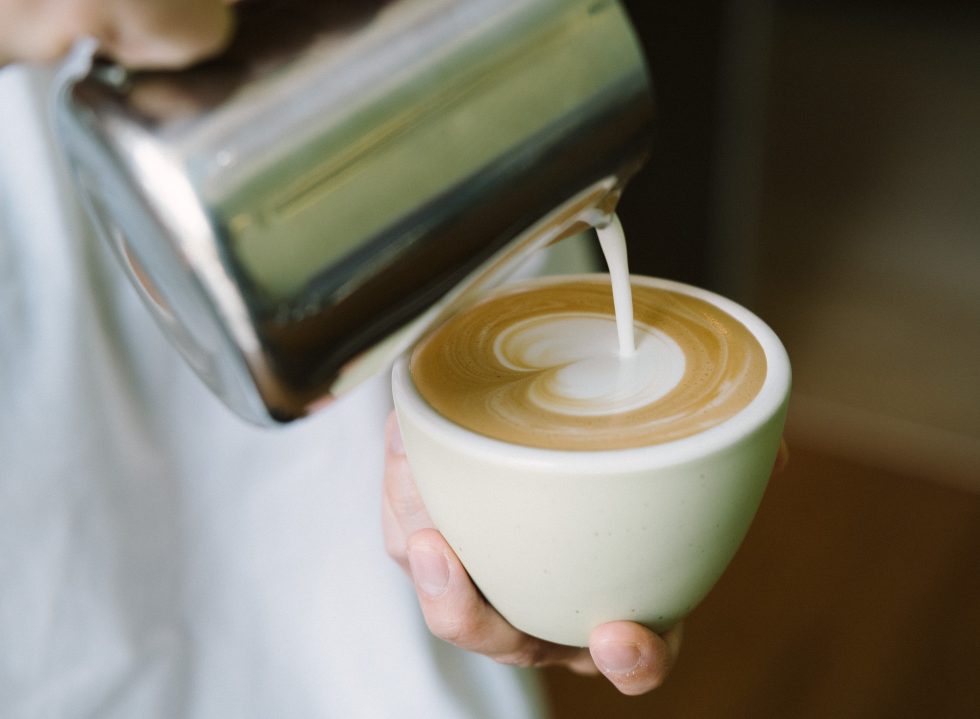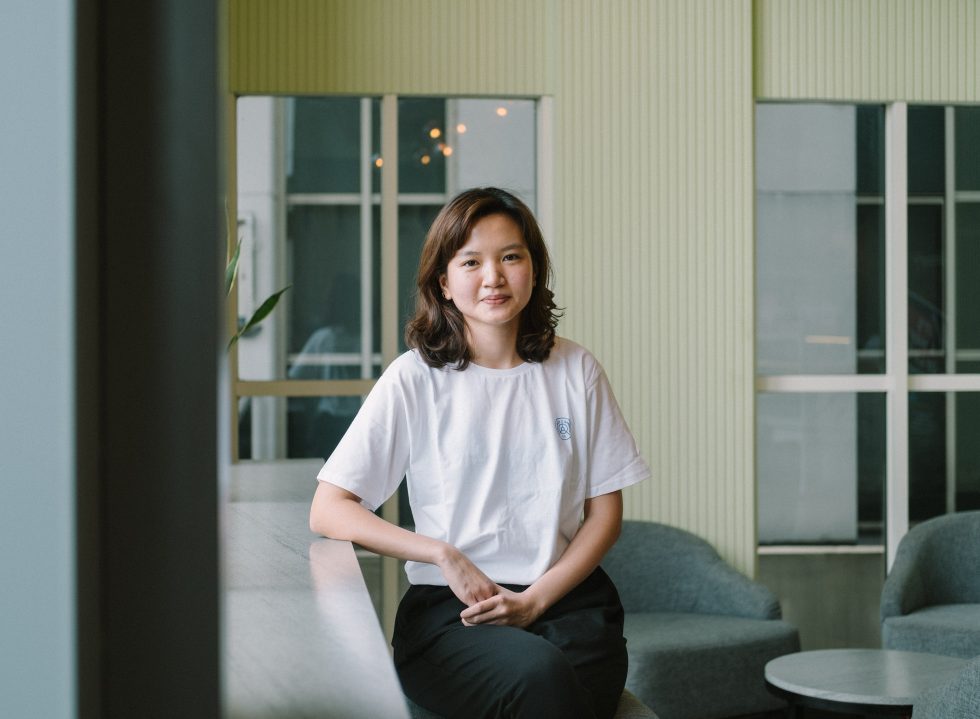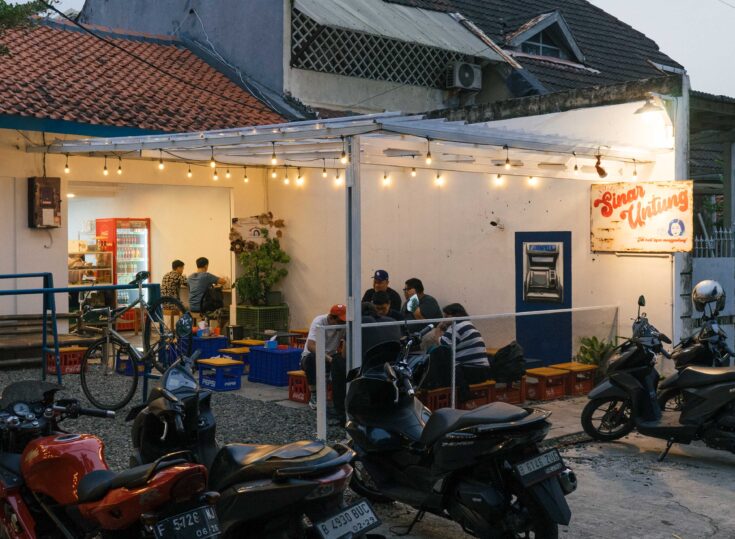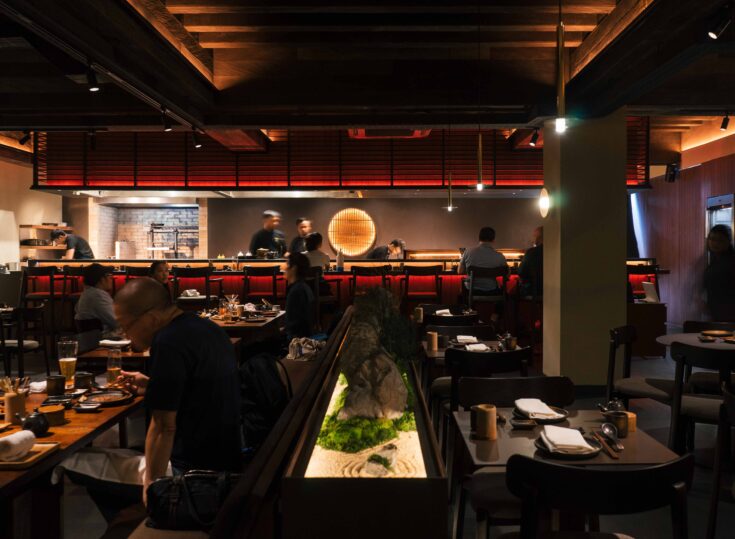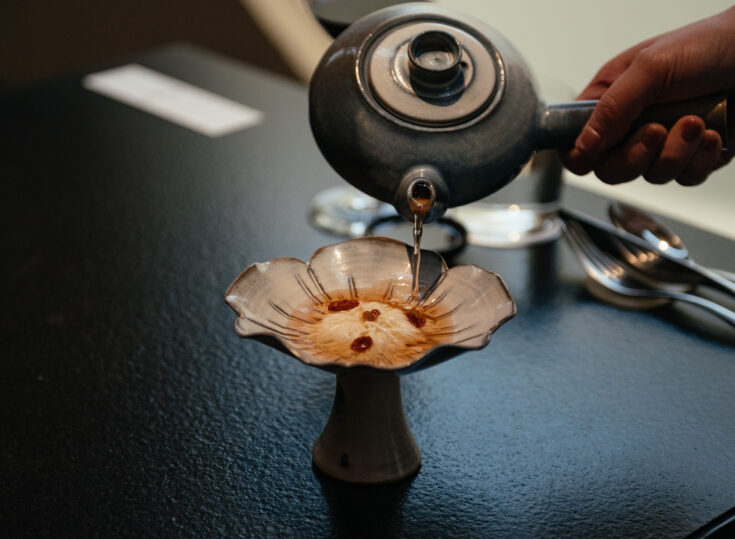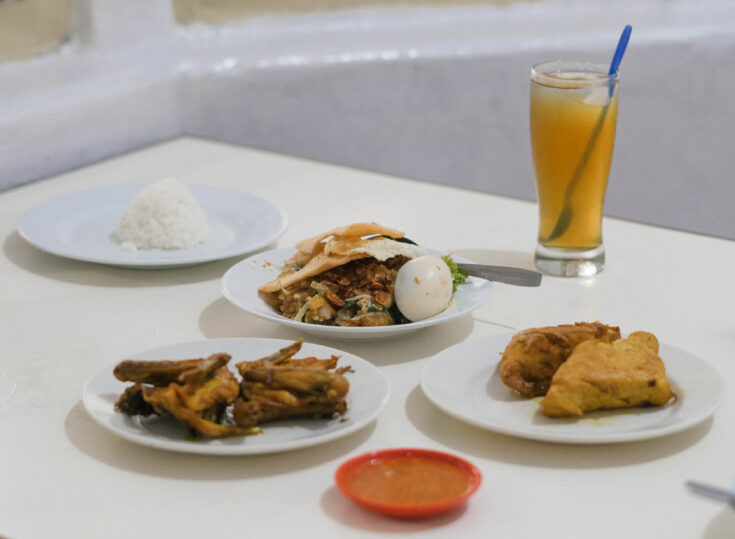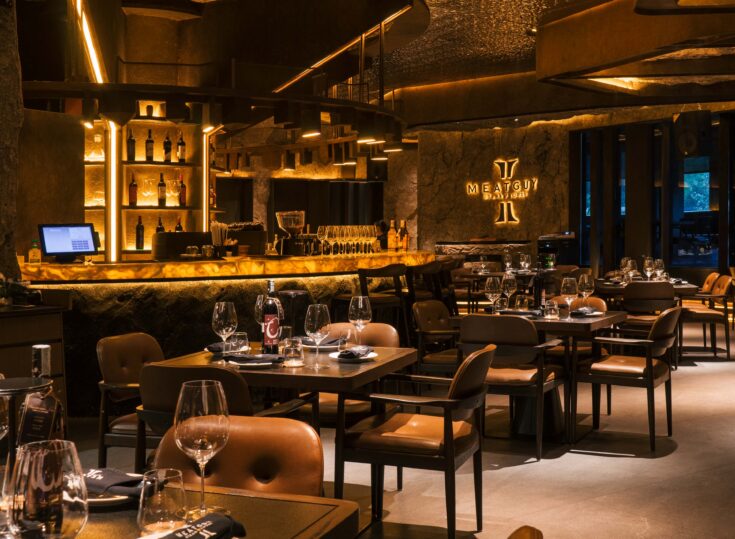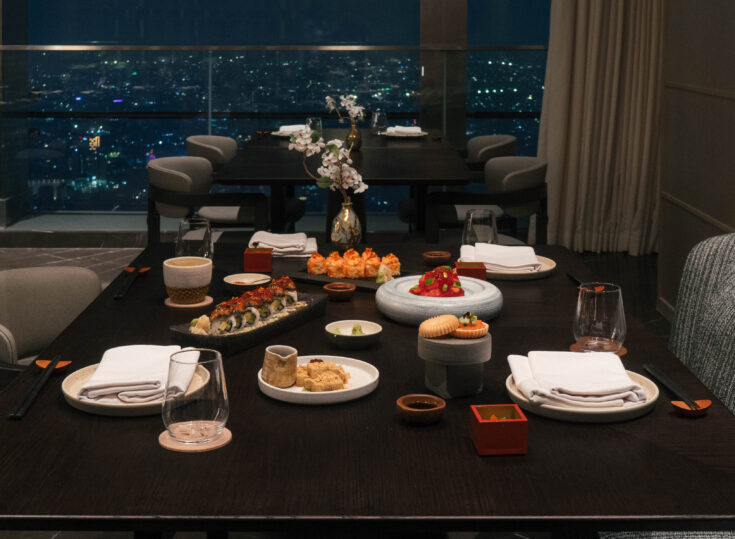With the assumptions that followed female baristas a few years ago, it was only normal that the presence of women in coffee was few and far between. The roaring masculine label that has long shadowed the beverage also plays a part as to why female baristas were deemed questionable for embarking on this ‘manly’ pursuit. But thanks to the sprouting and ever-progressing coffee culture, indifference towards women in coffee have gradually dimmed, paving ways for more opportunities regardless of their genders. Today, seeing a woman behind the coffee bar is no longer an unusual sight; even better, now one can find thriving female baristas on the judge’s chair.
A case in point is Sylvia Feransia, who stumbled upon her successful career in coffee by chance and had flourished from a part-timer to a full-time barista and a certified judge in national coffee tournaments, a testament to the current state of coffee culture that supports females to finally call her shots.
In partnership with Kopi Kalyan, She Calls the Shots is a three-part article series where we meet women across different fields of the local coffee industry to share their stories of pursuing a career as coffee experts and spill insights on the progress of inclusivity within the industry.
________________________________________________________________________________________
Manual Jakarta (MJ): The third wave of coffee in Indonesia started in 2015-2016, during that year, were you already working as a barista?
Sylvia Feransia (SF): I started working as a barista in Turning Point Coffee in 2015, under the helm of cik Angeline. I was only 24 years old at the time.
MJ: Do you remember how the coffee scene looked like around the time you started?
SF: That time, specialty coffee shops were making a headstart and there were only a few names that were considered prominent in Jakarta’s third-wave coffee scene, like 1/15, TANAMERA and Common Grounds. So during that period, specialty coffee shops had just begun to emerge.
MJ: You have an educational background in Hospitality and Tourism, how did you wind up in coffee?
SF: My career in the coffee industry started by chance. With an education in hospitality, I thought of using my degree to dive into the hotel industry. I sent my applications but it was just so tough! At the same time, I was already working as a part-time barista in a global coffee chain and my university thesis was also about coffee, so I have been following local trends as well. At one point, I thought, “might as well go for it!” I applied and got accepted at Turning Point who was looking for a full-time barista at the time and have dabbled in the industry since.
MJ: When you first joined, were the treatments towards you different because you’re a woman?
SF: I would consider myself lucky to have never encountered disheartening experiences that happened to some of my female friends, like being underestimated because of gender or worse, experiencing workplace harassment. My first workplace had mostly female baristas, and led by a female manager; there was a sense where we had to take care of each other. As for my second workplace, I worked under cik Angel, who co-owned Turning Point Coffee with her husband but spent more time manning the bar, so the day-to-day operations heavily relied on her and there was no undermining her.
MJ: In your opinion, why is being a barista synonymous with masculinity?
SF: This is something that still baffles me up to this day. In my opinion, it started with the common perception of coffee as a manly beverage. There are jargons like “the bitter, the better” that have conditioned the way we see the brewed drink as a men’s beverage. I think this is one of the reasons why being a barista is identical to ‘male’, and it’s funny to me because at home my mom downed more coffee than my dad.
Also, there was no such thing as a part-time barista back then. Being a barista was a full-time job, and therefore often associated with males because they ‘bear’ the responsibility as the provider for the family. But today, [female baristas] have far more opportunities—as you can see, coffee shops are sprouting everywhere!
MJ: You have been a judge in a number of competitions, how did you get there?
SF: I haven’t had the chance to judge for an international competition, but I have in some events that were held abroad, like Singapore, Vietnam and China. The one in Singapore was looking for judges and accepted applications from all countries, so I simply applied for it. Then I was referred by a friend for the opportunities in Yunnan and Beijing. For the one in Vietnam, I was invited. From one competition to another, I am amazed by the rich and diverse culture in coffee. I was supposed to fly to Melbourne this year, but the competition is postponed because of the pandemic.
MJ: With your experience as a female judge in barista competitions abroad, do you think that the inclusivity on gender within this industry is now implemented? Was being a female judge a novelty?
SF: The presence of female judges in barista competitions is no longer unusual. Instead, we are very welcomed and appreciated. It’s the number of female competitors that are still low in comparison. In my opinion, many male baristas enter the competition to test their skills or prove something, while girls could be more timid by nature. There’s a sense of competitiveness that lays a gap between male and female baristas. However, the number of female competitors in tournaments is increasing every year. And that’s good, because we need them to show that it doesn’t matter if we’re a male or female, anyone can be a barista.
MJ: Do you have goals that you want to achieve in the world of coffee?
SF: Given my experience and achievements, my goal, for now, is to do the best that I can as a barista to share my knowledge. Although the coffee industry is constantly growing, I think we lack a mentor to look up to. Since we are continuously learning and comparing Jakarta’s coffee scene to that in other cities or countries, the trends in specialty coffee easily got lost in translation. So I just want to share and give more.
MJ: Do you have any plans to, maybe, release a book sometime in the future?
SF: Actually, yes! A book is on my list. [Laughs] But I’m still figuring out how to balance work and writing. So one day at a time.
MJ: It’s widely recognised that Indonesia has grade A coffee beans. To you personally, what sort of flavour profile do you love most from local beans?
SF: Personally, I like beans with a sweet flavour profile. If coffee can be sweet by itself, that means it’s good coffee. Beans from West Java are still my favourite because of their simple flavour profile. Hints of brown sugar, a little citrus-y. They’re light yet well-loved by many!
MJ: What coffee would you make yourself in the morning?
SF: Oh! I wish I had the time! I usually wake up and head to work. [Laugh] But if and when I have the chance, I like to do manual brew for my coffee. There’s so much to explore from that technique, it’s just very exciting!
